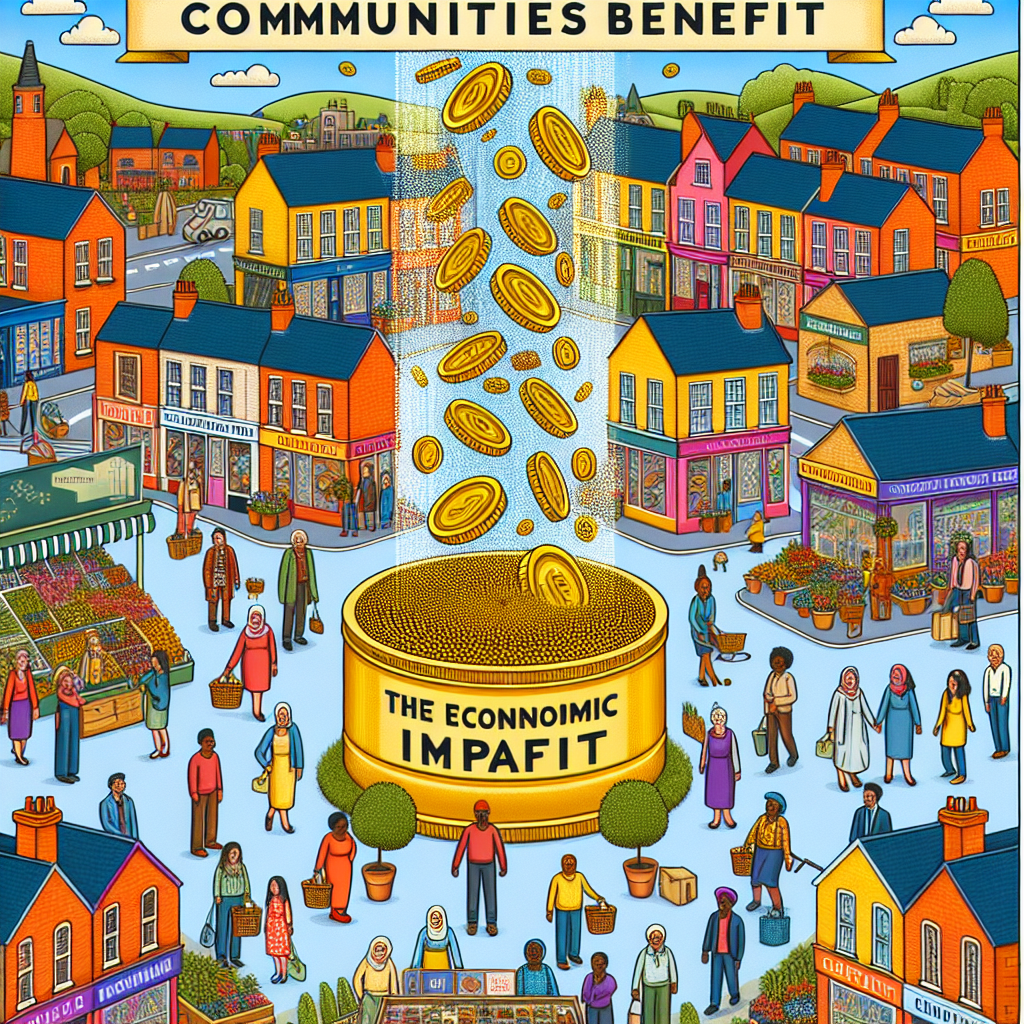New York, NY—In communities across the country, the economic impact of local initiatives is becoming increasingly apparent, sparking a renewed focus on the power of investing in neighborhood development. From revitalizing downtown areas to supporting small businesses, the effects are profound, not only boosting local economies but also enhancing the quality of life for residents.
One of the most compelling examples of this can be seen in the revitalization projects that have transformed previously declining neighborhoods into bustling centers of commerce and community. According to a recent study by the Economic Policy Institute, for every dollar invested in these projects, communities have seen a return of over $1.75 in economic activity, a statistic that highlights the far-reaching benefits of such initiatives.
“Communities that invest in themselves are not only fostering a stronger economic base but are also creating more resilient and vibrant areas for their residents,” notes Dr. Samantha Hart, a leading urban economist. “The ripple effects are considerable, from job creation and increased property values to more engaged and connected communities.”
Small businesses stand as the backbone of these positive changes, driving innovation and creating jobs. Supportive programs and initiatives, such as grants and tax incentives for small business owners, have proven instrumental. They’re not merely survival kits for businesses but lifelines for entire communities, ensuring a diverse and robust economic landscape.
Furthermore, the adoption of green spaces and public parks as part of urban development projects has demonstrated significant economic benefits, alongside the well-documented mental and physical health advantages. These spaces attract tourism, encourage local spending, and increase the attractiveness of a neighborhood for real estate investments.
Beyond the numbers, the personal stories of community members bring the impact to life. “Seeing our neighborhood come alive again, with new businesses and more families spending time together outdoors, has been incredibly rewarding,” shared Maria Gonzalez, a long-standing resident of a neighborhood that recently underwent major redevelopment efforts.
As communities continue to navigate the challenges of modern urban living, the importance of thoughtful and inclusive economic development strategies cannot be overstated. The remarkable economic and social benefits serve as a testament to the power of community investment—empowering not just economies, but individuals and families as well.
In summary, the economic impact of investing in community development is multifaceted, driving not only financial growth but also fostering environments where people can thrive. As demonstrated, the return on investment in these initiatives significantly outweighs the costs, offering a sustainable model for community revitalization that is beneficial on all fronts.


